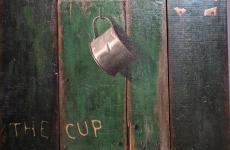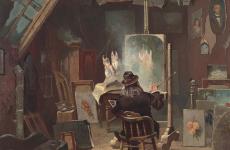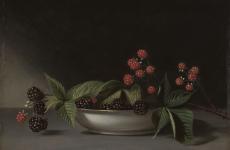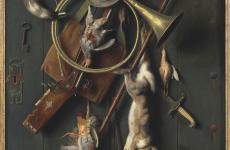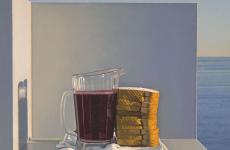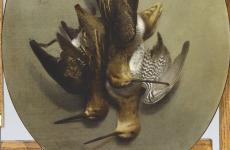Alexander Pope
Alexander Pope was born in Dorchester, Massachusetts, in 1849. Although he briefly studied sculpture, he essentially taught himself how to paint. His personal interest in hunting was a significant aspect of his artistic persona, and his studio was full of related paraphernalia. The Wild Swan, produced in a sportsman’s setting, suggests both artistic ambition and the artist’s own love of the hunt. Pope’s work helped popularize this type of still-life painting in late 19th-century America.
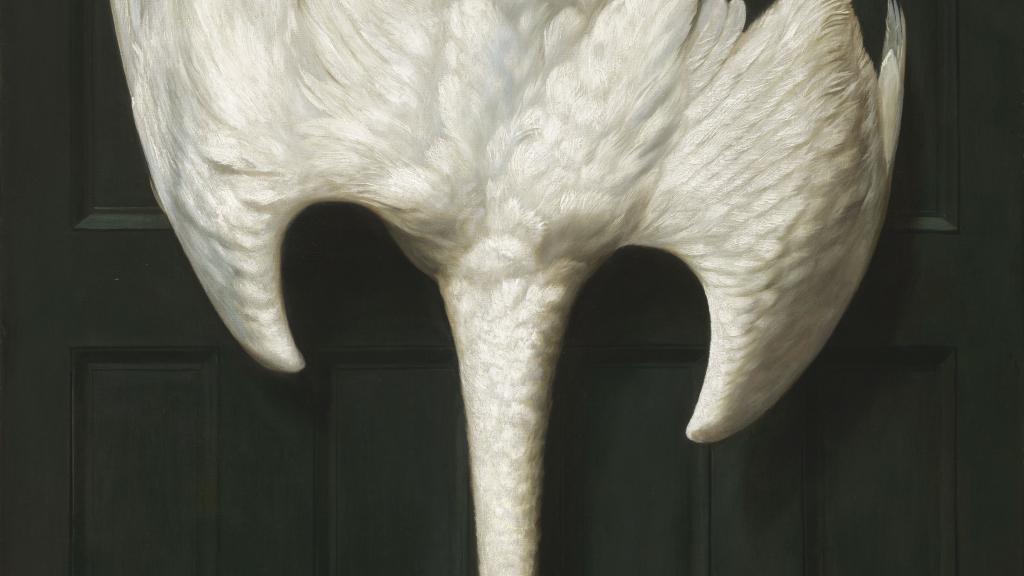
Is it possible to celebrate and condemn at the same time?
The Wild Swan was owned for many years by the Massachusetts Society for the Prevention of Cruelty to Animals. In the early 20th century it came to be known as The Trumpeter Swan, perhaps in response to the suggestion that the painting brought attention to the threatened status of trumpeter swans, who were then close to extinction.
Museum purchase, gifts from members of the Boards of Trustees, the M.H. de Young Museum Society, the Patrons of Art and Music, Friends of the Museums, and by exchange, Sir Joseph Duveen
